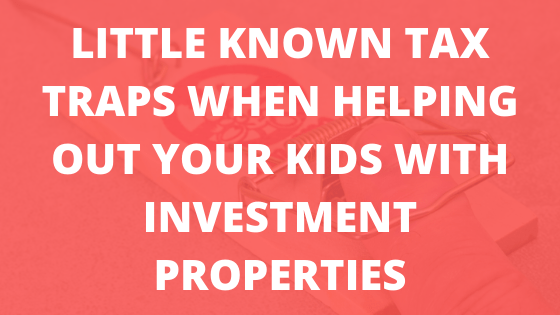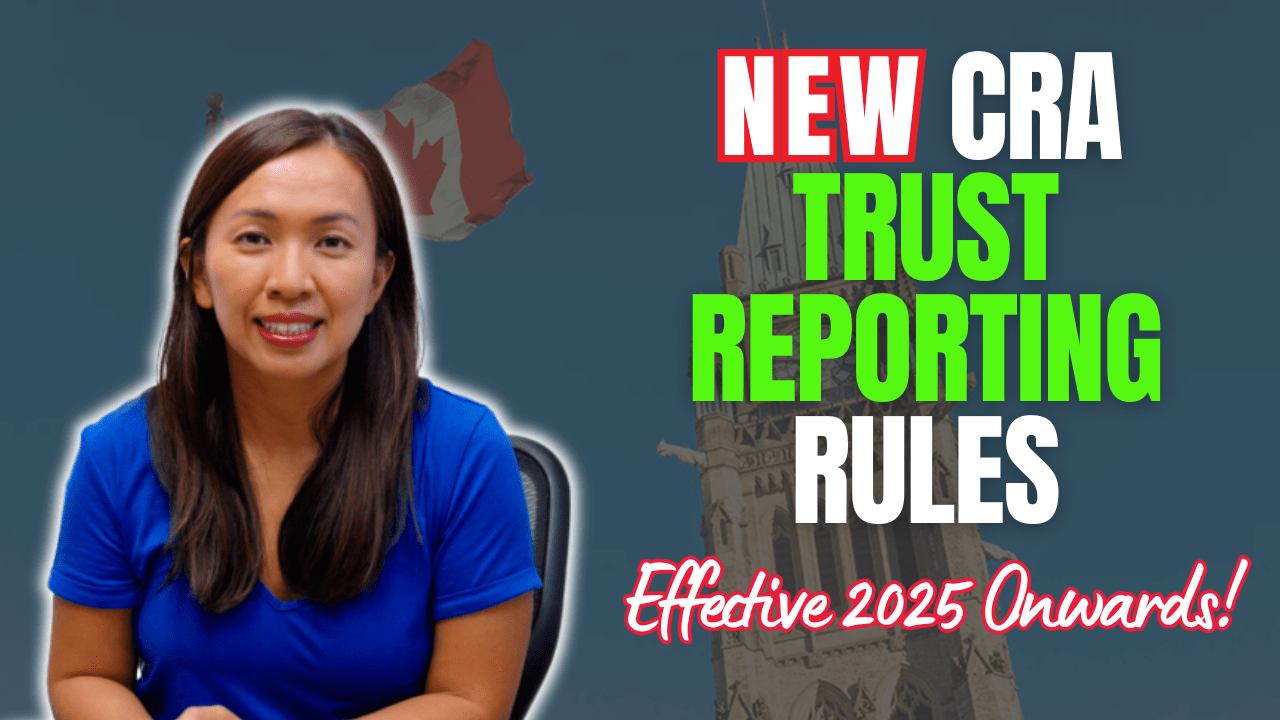Can you believe it is already February?
It took me the entire month to get to my routine, hitting the gym 3x a week following an online training program and trying to learn swimming along the way.
Fitness goal has always been one of the toughest goals to achieve. It requires pigheaded determination and commitment.
When I woke up at 5am in the morning, the little voice in my head kept telling me to skip the gym for one day. Just one day. This little voice reasoned with me relentlessly for about half an hour.
It was quite a bit of mental struggle before I got into my van, drove off to the gym.
I showed up and I was FINALLY on track with my fitness schedule.
Things worth achieving are not easy.
Just like how Toronto Raptors somehow came back to win last night’s game. They made franchise history to win 12 games in a row. It wasn’t easy. It was the last minute that they came back on top, won the game at last.
For those of you who might have doubts about your goals and efforts today, all you need is that pigheaded determination and commitment. 😊
Now onto today’s topic.
As many real estate investors know, property demand in Ontario is skyrocketing due to immigration. The amount of land available for development and new build is scarce, forcing existing home prices to go up.
It is becoming a lot more difficult for our next generation to get a place to live.
Many parents would like to buy a place, rent it to their kids at below market value rent, just to help them out.
Because property prices are so high, rent charged to their kids are often not enough to cover all the expenses and the parents are stuck with a rental loss.
Some parents even decide to gift the property by simply adding the adult kids’ name onto the title.
Little do these parents know that there can be significant tax impact.
Tax impact on renting to family members at a rental loss
Property prices are so high, rent charged today at fair market value might not even be sufficient to cover the expenses incurred.
The Parents usually charge below market rent to “help their kids out”. That would create a bigger rental loss as a result.
Rental loss means that the Parents can offset the loss against their regular income, resulting in lower taxes payable and in some cases, a tax refund.
When you get a tax refund, CRA wants to find out why.
Technically speaking, Parents are not allowed to claim a rental loss when the property is rented to their children/family members.
CRA treats the rent receipt as a way to “help covering the expenses” with no expectation for profit.
Loss is disallowed. No refund.
Tax impact on transferring a property to children
To help our next generation out, some of the investors would “transfer” a rental property to their kids without taking any money back.
The transaction starts out with a parent visiting a lawyer office. Because the parents are gifting the property to the children out of love and affection and they’re not asking anything in return, the transaction value is usually recorded as $1.
No land transfer tax is triggered.
From the land registry perspective, it can be a right transaction.
But this does not mean that CRA thinks there’s no tax involved.
In fact, when a transfer happens between parents and kids, CRA deems the “transfer” as a disposition of property, even though there might have been no money involved.
Instead of $1 sold price, the parents would need to calculate the capital gain based on the fair market value of the property.
This usually results in a large amount of capital gain involved.
How do you determine the fair market value of the property?
You can have a letter of opinion drafted by real estate professionals, you can have a proper appraisal done. In certain circumstances, CRA may even accept the Municipal Assessment Value.
It really depends on the case.
What if you simply “add your kids’ name” to title? Do you still need to report capital gain?
Well, it depends.
It gets into legal terminologies such as “legal ownership” and “beneficial ownership”. It goes back to the situation and intention.
It’s best to consult a professional to understand the tax impact.
Until next time, happy Canadian Real Estate Investing.
Cherry Chan, CPA, CA
Your Real Estate Accountant






Sajjad S
Thanks for yet another great post.
Quick question, if parents transfer title of property to adult children, capital gains will be posed on the parents, and not on the children- correct?
Also, if the property was principal residence for parents, essentially will there be no taxes imposed on either party?
Tak Loo
Hi Cherry – can you have a child (under 18) on the title of the property? When the parents die, is their proportion of the property included in their estate?